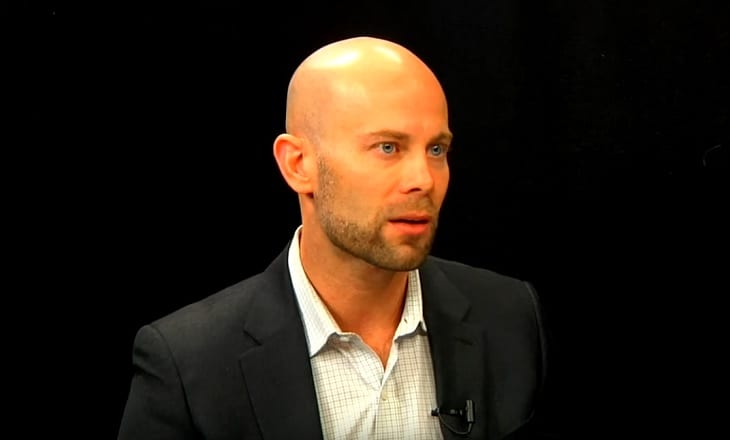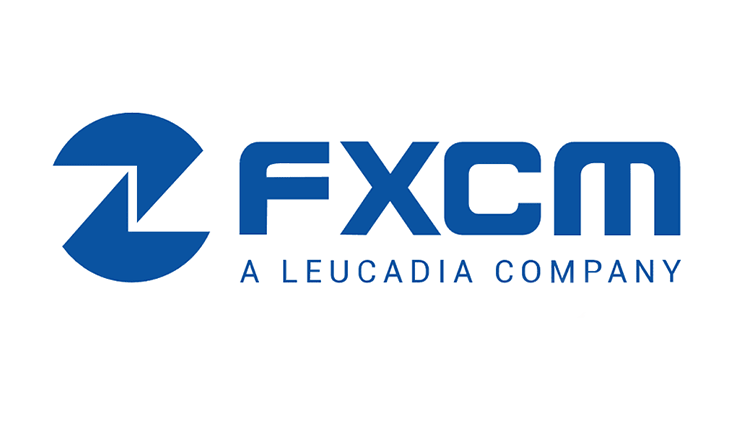The retail forex trading industry has come a long way over the past two decades. One of the pioneering firms that has observed the evolution first hand, participated in it, and influenced it was Forex Capital Markets, known more familiarly as FXCM. The brokerage has endured both good and bad times, had to exit the U.S. market and regroup, and now has regained a respectable status level in the industry. To mark its 20-year anniversary, the firm of Markets Media interviewed Brendan Callan, FXCM’s CEO, for his insights.

Brendan Callan
Callan has been serving FXCM for fifteen years, but attained the top CEO position in 2017 in the aftermath of the controversial behavior of his predecessor and executive team. As Forextraders.com reported in early 2017:
FXCM, the undisputed market share leader in the United States, and its two chief executives have been summarily booted out of the country by the CFTC and fined $7 million for good measure. The crime – deliberately deceiving its customer base, misrepresenting the nature of its backroom operations, and filing false statements with regulatory authorities. FXCM was still in recovery mode from 2015’s “Swiss Franc Debacle”, when it sustained $300 million in losses, but this latest episode may be the proverbial kiss of death for the firm.
Due to Callan and the efforts of his staff, FXCM has survived and thrived. Callan was asked for his perspectives on a series of topics, which are briefly summarized, as follows:
A Brief Recap of Changes over 20 Years
FXCM was there when the Internet enabled retail forex trading to come about and flourish. His company focused early on in the development of cutting-edge technology and providing educational modalities that would help traders enjoy their forex experiences. Their business grew accordingly due to retail traders, but also for their serving the institutional sector, including “small and emerging market banks, hedge funds, family offices and proprietary trading firms around the world”.
When the Swiss National Bank removed its Swiss Franc peg to the Euro, FXCM sustained enormous losses, requiring Leucadia to step in with a $300 million line of credit to sustain the operation. The rift also revealed the unethical practices being employed in the back office that eventually led to the firm’s exit from the U.S. market. FXCM has made a comeback from both setbacks:
Today we are a multi-asset broker serving over one hundred thousand clients in the retail and institutional space. Our product suite includes FX, metals, oil, indices and more. We recently expanded into cryptos and are investing heavily in technology and data.
Innovations with Baskets of Cryptocurrencies
There is a market need for retail traders to access the crypto market in a safe, secure, and hassle-free manner. FXCM addressed this need with innovative “baskets of major cryptos” to streamline the process:
When retail clients trade crypto CFDs with FCA-regulated brokers like FXCM, their funds are held in segregated bank accounts. There are no hassles with wallets – FXCM deals with everything to do with the back-office so the trader can concentrate on just trading cryptos. We are also subject to a pricing and execution framework governed by strict regulation.
How Has the FX Market Changed over Time?
Automation is the primary agent of change in the forex market. Execution times have shrunk. The amount of information necessary to make a well-advised decision is enormous:
The rise of algorithmic trading is a natural consequence of this, and has largely been positive for the industry. A large proportion of our clients now trade via algorithms and automate their buy and sell orders, risk parameters and execution strategies. Different traders have different preferences, so it is vital that we provide a range of execution options to suit their requirements.
The firm has moved quickly to make algo-trading more convenient and easier to integrate within its operating platforms. All traders benefit from this type of trading. The increased volumes help to tighten spreads, which benefits manual, as well as automated trading.
What is the role of data in FX trading?
FXCM offers a number of premium data packages for a small subscription fee, but most services are free. There are historical data packages to assist the back-testing of potential algo-trading tools. The premium services offer proprietary tools that help in gauging investor sentiments within the FXCM real time data base of clients.
Callan concludes:
The very good news is that price data in FX is free! The futures and stock exchanges charge an arm and a leg for their real-time and historical data and if you want to trade the international markets, you have to pay for each one. You cannot build a trading algorithm without pricing data. Because we supply it for free, FX is a popular place for algo traders as they don’t have to rack up thousands in data costs just to start tinkering with a trading strategy.
